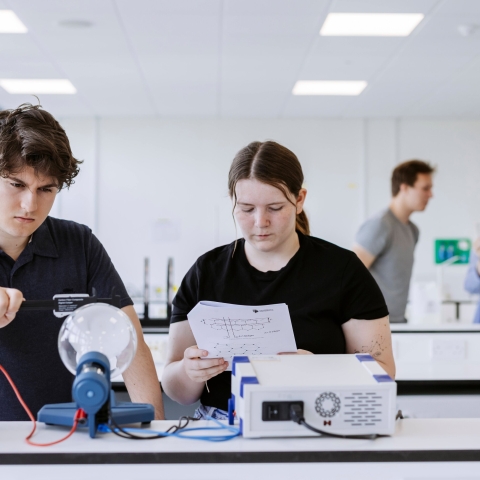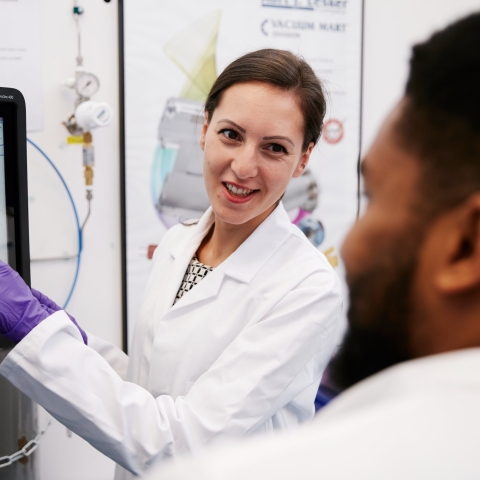
This career guide is designed to help University of Portsmouth students and recent graduates explore job options, key employers, and entry routes into the physics sector.
A physics degree will lead to a set of versatile skills that are likely to be sought by a range of employers across different sectors.
Your degree will have explored fundamental scientific theories - alongside this knowledge you will have looked at applications of new technologies to solve complex problems; enhanced mathematical, analytical, communicational and computational abilities; and carried out industry-based projects under the supervision of leading physicists.
This knowledge, experience and set of skills are in high demand in sectors such as financial services, aerospace development, defence solutions, telecommunication, engineering and many more. There is also scope to pursue postgraduate study or further research.
Enable University alerts
Turn on notifications for critical updates like closures, safety alerts, and urgent service disruptions.









